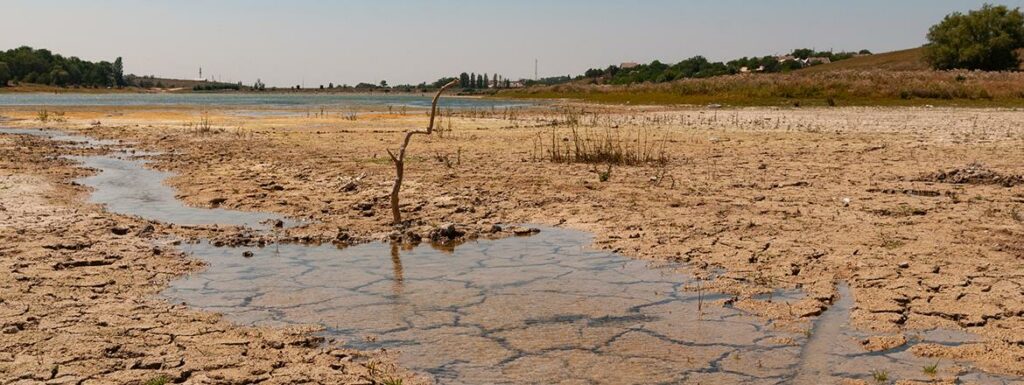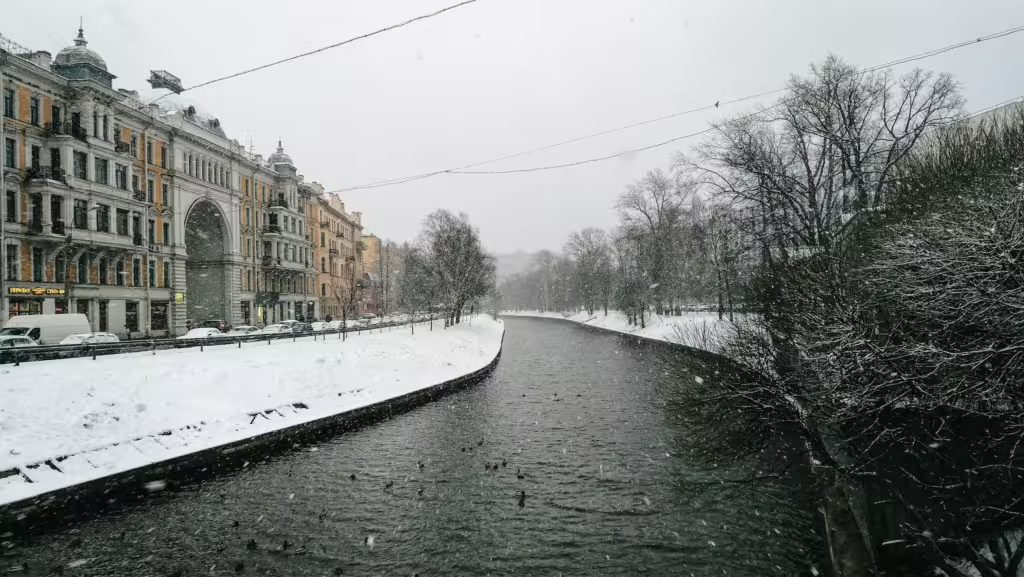Among the great many unexamined assumptions made by people who claim to be “following the science” on climate, a crucial one is the surging number of natural disasters due to the extreme weather our fossil fuel use has unleashed. Thus NBC mixes up present and future with “Chinese farmers hit by floods and drought say extreme weather is getting worse/ Experts say climate change could contribute to widespread crop failures in places like China, the world’s biggest food-producing country.” And The Verge tells us that the American dream of home ownership is on the verge of collapse due to, well, guess what.
The conviction that disasters are everywhere is so widespread as to be a “man with a hammer” issue. Or a Grinch issue because if they can’t find a disaster they’ll make one instead, as in “UK weather warning: Forecasters 'looking over their shoulders' as next MEGASTORM imminent”. Good luck guessing when it did not in fact hit. But the fact is that extreme weather is not increasing no matter how often that noted scientific body the BBC says it is. Not even the IPCC says so. But what do they know? Unlike NBC which, under such headings as “Science News”, constantly prints rubbish like:
“Wildfires, hurricanes and heat: The U.S. is getting hit by extreme weather from all sides/ Climate scientists say it’s an all-too-real look at how global warming increases the risks – and consequences – of the deadly events.”
The two key statistics here are lives lost to natural disasters and share of world GDP lost to natural disasters. And the trend over the 20th century is stunningly downward in both categories even though we are getting better at cataloguing both the occurrence and consequences of them. As Michael Shellenberger notes of the carnage from natural disasters:
“The 92% decline in deaths over the last century occurred during a period when the global population nearly quadrupled, and the global temperature rose 1.3 degrees centigrade.”
As for reporting them, he quotes Roger Pielke Jr. that:
“In 1962, the EM-DATA data set shows there were just 24 disasters worldwide. In the 1980s there were just three floods reported for the entire continent of Africa. Come on. That’s obviously not right. That’s due to a lack of reporting.”
Even thus far in the 21st century, the share of global wealth lost to bad weather has fallen measurably. And on lives lost, if it were a chart of the share of world population killed not absolute numbers it would be descending even more dramatically.
In fact Wikipedia’s list of the ten deadliest natural disasters (other than epidemics and famines) includes only one in the 21st century and four in the 20th, two of those before World War II. The others are from the 19th, 18th, 12th and 6th. And when you consider how many fewer people there were in those days, it should tell you something. Although if you have a hammer, well, an outfit called “Our World In Data”, after conceding the fact, tries to snatch it back:
“This trend does not mean that disasters have become less frequent, or less intense. It means the world today is much better at preventing deaths from disasters than in the past. This will become increasingly important in our response and adaptation to climate change.”
Never mind what has happened or is happening. Let us tell you a tale about what will be going to happen once climate change hits which it already did.


